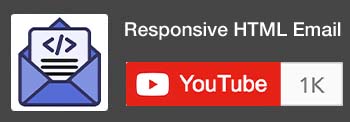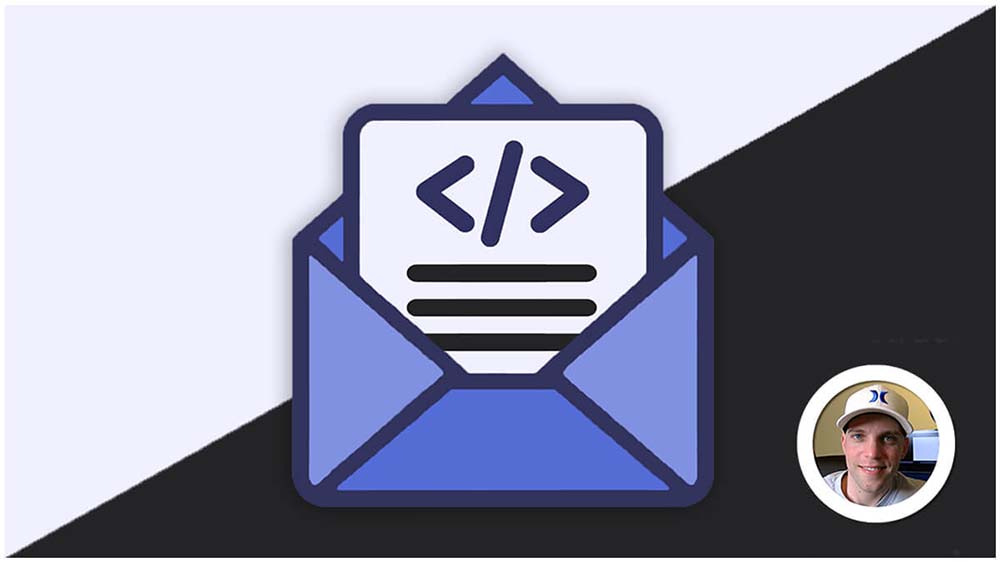HTML Text Editor
A text editor is a software program used to create, edit, and save files when writing code. Think of it as a digital notepad where HTML and other code is written to build web pages.
Here’s a breakdown of what a text editor does:
- Create text files: You can start with a blank HTML document and type new code from scratch.
- Edit existing files: Open existing HTML files, make changes, and save them.
- Search and replace: Find specific words or characters in your code within a file and replace them with something else.
- Syntax highlighting: Text editors can identify code syntax like HTML and color-code the language to your color preference so it’s easy to read & write.
- Autocompletion: Text editors can suggest completing words based on your typing as well as known phrases in coding languages like HTML, saving you time and typos.
- Project management: Text editors offer features like file management, code compilation, and debugging tools for larger projects.
Different Types of Text Editors:
- Basic text editors: These are simple programs like Notepad (Windows) or TextEdit (Mac) that primarily offer text creation and editing functionality.
- Code editors: These are designed for programmers and developers, offering features like syntax highlighting, autocompletion, debugging tools, and integration with compilers and interpreters. Popular examples include Visual Studio Code (recommended), Sublime Text, and Atom.
Why is Visual Studio Code the Recommended Text Editor?
- Versatile and feature-rich: Packed with extensions, Git integration, debugging, IntelliSense, and a vibrant community.
- Excellent for web development: Exceptional support for HTML, CSS, JavaScript, and various frameworks.
- Cross-platform: Available on Windows, macOS, and Linux.
- Highly customizable: Customize themes, keybindings, and settings to match your workflow.
Why use VS Code instead of a program like Adobe Dreamweaver?
- Adobe Dreamweaver Downsides: Dreamweaver requires a subscription and uses visual tools that can hinder learning to code. It also has a limited range of customization tools and is not typically used for programming collaboration like VS Code.
- Visual Studio Code Upsides: VS Code is completely free and gives full control over adding raw code with languages like HTML, CSS & JavaScript. It’s also a fast & lightweight program, and the industry standard because of integrations for development collaboration.
Your text editor is a powerful and versatile tool that you’ll be spending a lot of time with when learning to code!





